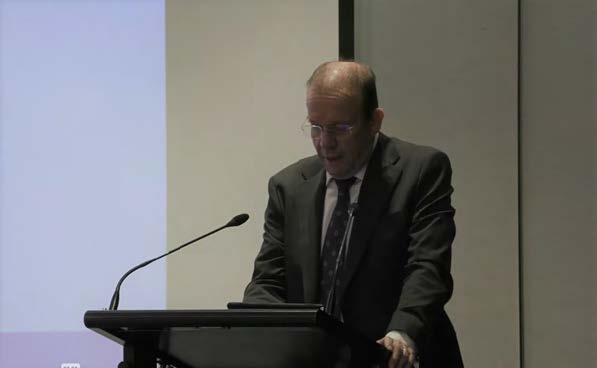Browse our range of reports and publications including performance and financial statement audit reports, assurance review reports, information reports and annual reports.
SAI Australia develops methodology for auditing ethics
Please direct enquiries through our contact page.
The ANAO provided an article to the March 2023 edition of the PASAI newsletter on the development of a methodology for auditing ethics. The article was titled SAI Australia develops methodology for auditing ethics.
SAI Australia develops methodology for auditing ethics
The Australian National Audit Office (ANAO) has highlighted the importance of ethics in government programmes in multiple audits, particularly those examining procurement and grants administration. The lack of adequate documentation and records to support the rationale for decisions made and actions undertaken by audited entities is a consistent theme, and even if the entity is technically compliant with the rules and policy framework, their decision making can sometimes fall short of the intent behind these frameworks.
In his mid-term report, Auditor-General Grant Hehir identified the ANAO’s consideration of ethics as an area for improvement, and pointed to the need to develop a methodology for assessing the ethical use of public resources, in addition to looking at technical compliance with rules and policy frameworks.
In November 2022, the ANAO finalised its methodology and framework for considering ethics either as part of a broader performance, financial or performance statements audit, or as an audit of an entity’s ethical framework. Both are based on comprehensive research and broad consultation, including with the Australian Public Service Commission, the Department of Finance, the Institute of Internal Auditors Australia and the Office of the Auditor-General New Zealand, noting there is minimal availability of methodologies for such audits anywhere in the world.
The methodology defines the Australian Government Sector ethical framework as:
- the legal framework applicable to the entity being audited
- activity-specific frameworks (that is, key public sector resource management frameworks for specific Australian Government activities such as the Commonwealth Grants Rules and Guidelines and the Commonwealth Procurement Rules)
- Government Policy Orders (in other words, orders made by the finance minister specifying a policy of the Australian Government that is to apply to the entity being audited) and
- entity-specific frameworks, which may include, for example, the entity’s policies, guidelines and procedures.
The selection of the appropriate elements of the ethical framework to apply to an audit will depend on the type of entity being audited, the type of audit and any circumstances unique to the activity being audited.
There are three scenarios included in the methodology under which ANAO performance audits may include consideration of ethics:
- effectiveness audits of ethical frameworks
- audits with specific ethical criteria and
- audits which include consideration of ethics in findings.
The methodology also provides a framework for applying the ethics methodology to any performance or financial audit throughout the typical phases of an audit:
- assessing and responding to the risk of ethical matters on the audit
- assessing if findings are of an ethical nature
- assessing the materiality of ethical findings
- the impact of ethical findings on the overall audit strategy and risk assessment
- reporting ethical findings and
- the impact of ethical findings on the audit conclusion.
It is important to note that where ANAO makes findings or a conclusion as to whether an entity’s use or management of public resources has been ethical, it is a matter for the person or people responsible for the entity, rather than the auditor, to assess whether the audit findings reflect the broader posture of the entity or relate to individual staff conduct.
With the methodology finalised, the ANAO is signalling its intent to start applying greater scrutiny to the public sector for the ethics of their decisions. It has been noted in the ANAO’s Annual Audit Work Program 2022–23 and Corporate Plan 2022–23, and the Auditor-General and multiple ANAO staff have also presented on it at external forums, including the Audit Committee Chairs Forum last December.
At this forum, the Auditor-General presented insights on integrity and ethics, and the ANAO facilitated a panel discussion and Q&A titled ‘Spotting ethical red flags in procurement’, which involved speakers from the sector.
Last November, an ethics panel discussion involving several senior ANAO staff featured in LearnFest. This is the ANAO’s annual whole-of-office festival of capability, continuous learning, community and culture. All ANAO auditors will receive training on the methodology in the first half of 2023, and ethical considerations will be increasingly visible in audits.

Australian Auditor-General, Grant Hehir, presenting at the Audit Committee Chairs Forum